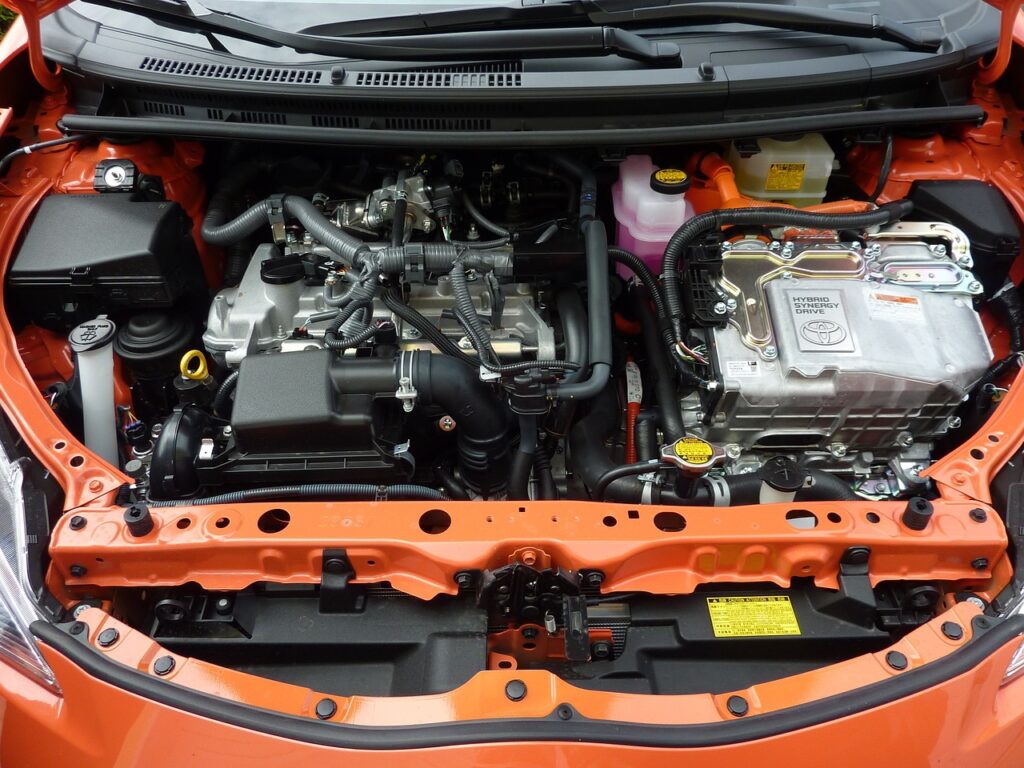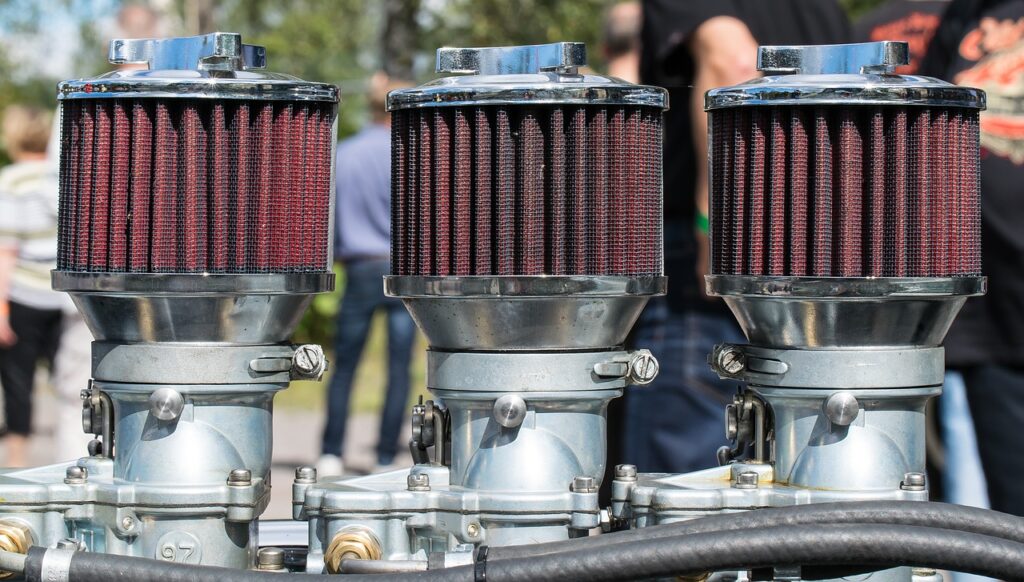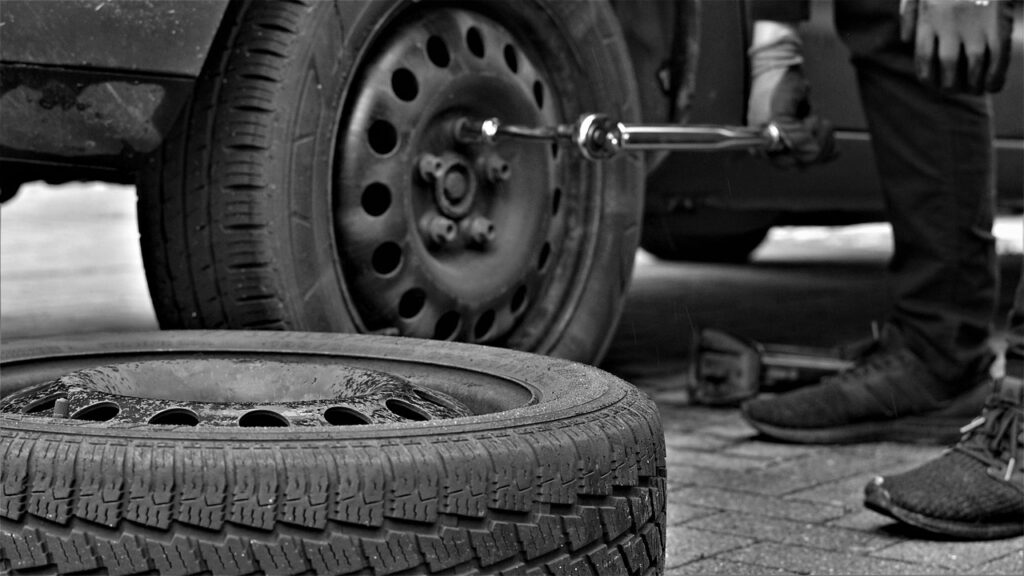
photo: collected
The engine is the heart of a car. If the engine is in good condition, your car will perform efficiently and have a longer lifespan. However, poor maintenance can lead to engine failure and costly repairs. Regular care and maintenance can ensure the longevity of your car’s engine and improve its performance.
Here are 10 simple and effective ways to keep your car engine in top condition:
1. Change Engine Oil Regularly
Engine oil is crucial for reducing friction between the moving parts of the engine.
Change your engine oil every 5,000 to 7,000 kilometers, depending on the manufacturer’s recommendation.
Regularly check the oil level and quality to ensure it is sufficient.
Always use the oil grade recommended by the car manufacturer.
Why it’s Important:
Proper engine oil reduces wear and tear, controls temperature, and keeps the engine parts running smoothly.
2. Clean or Replace the Air Filter
The air filter ensures proper airflow to the engine, helping the fuel burn efficiently.
A dirty or clogged air filter can reduce engine performance.
Check the air filter every 10,000 to 15,000 kilometers and replace it if needed.
Always use a high-quality air filter as recommended by the manufacturer.

Photo: collected
Why it’s Important:
A clean air filter improves engine efficiency and helps save fuel.
3. Maintain the Coolant Level
Coolant helps regulate the engine temperature and prevents it from overheating.
Regularly check the coolant level and top it up if necessary.
Use the coolant type specified in your car’s manual for optimal performance.
Why it’s Important:
Coolant keeps the engine temperature stable and prevents overheating, which can damage engine components.
4. Check the Spark Plugs
Spark plugs play a vital role in igniting the fuel-air mixture in the engine.
Worn-out spark plugs can reduce engine efficiency and cause starting problems.
Inspect and replace spark plugs every 20,000 to 30,000 kilometers or as per the manufacturer’s recommendation.
Why it’s Important:
Healthy spark plugs ensure smooth ignition, improve fuel efficiency, and enhance overall engine performance.
5. Replace the Fuel Filter
The fuel filter removes dirt and impurities from the fuel, ensuring clean fuel reaches the engine.
Check the fuel filter every 15,000 to 20,000 kilometers and replace it if needed.
Regular replacement ensures the fuel system operates efficiently.

Photo: collected
Why it’s Important:
A clean fuel filter enhances engine performance and prevents damage to the fuel injection system.
6. Avoid Overloading
Carrying excessive weight puts unnecessary strain on the engine.
Avoid overloading your car beyond its recommended capacity.
Remove any unnecessary items to reduce weight.

photo: collected
Why it’s Important:
Reducing weight improves fuel efficiency and reduces stress on the engine.
7. Let the Engine Warm Up
After starting the car, give the engine a minute or two to warm up.
This is particularly important in cold weather, as the oil takes time to circulate through the engine.
Why it’s Important:
Warming up the engine ensures proper oil circulation, protecting the internal components from damage.
8. Maintain Proper Tire Pressure
Incorrect tire pressure can put extra load on the engine and affect fuel efficiency.
Check your tire pressure weekly and maintain it as per the manufacturer’s specifications.

photo: collected
Why it’s Important:
Proper tire pressure reduces strain on the engine and improves fuel economy.
9. Keep the Battery in Good Condition
A well-maintained battery ensures the smooth operation of the car’s electrical systems, including the engine starter.
Regularly check the battery connections and charging status.
Replace old or weak batteries promptly to avoid starting issues.
Why it’s Important:
A healthy battery ensures quick engine starts and prevents electrical malfunctions.
10. Service Your Car Regularly
Scheduled servicing is essential to detect and address minor engine issues before they escalate.
Follow the service schedule recommended in your car’s manual.
Have your car inspected by a professional mechanic to ensure everything is functioning properly.
Why it’s Important:
Regular servicing extends the life of your engine and prevents costly repairs.
Conclusion
Proper maintenance is key to keeping your car’s engine in good condition. By following these 10 simple tips, you can improve your car’s performance, save on fuel, and avoid expensive repairs. A well-maintained engine not only ensures a smooth driving experience but also adds value to your car in the long run.
Take care of your engine, and enjoy safe and efficient driving!


